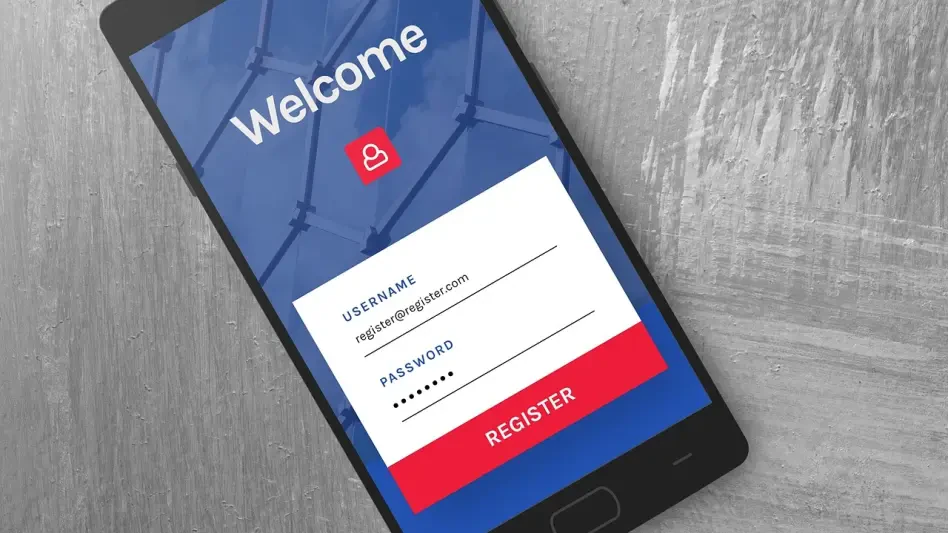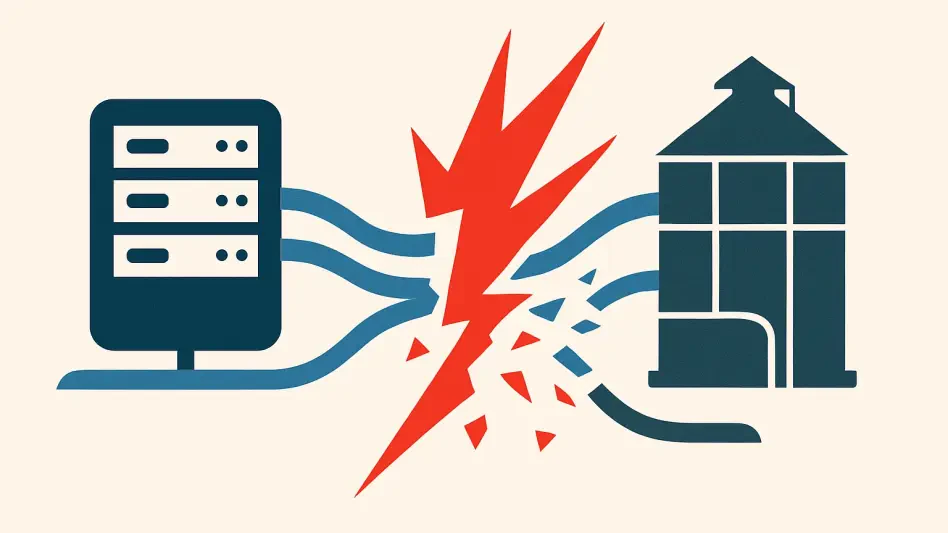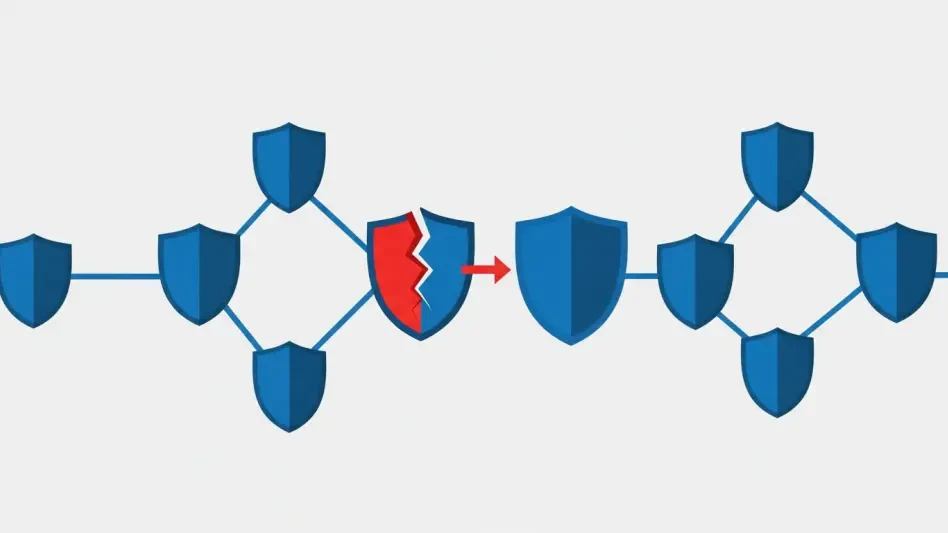In today’s world, the rapid progression of graphics card technology has ushered in an era where password security faces unprecedented threats. Powered by Nvidia’s RTX 5090 graphics cards, brute-force attackers now possess the capability to crack passwords with astounding efficiency. This advancement means that even an 8-digit password composed purely of numbers could fall victim to hacking attempts within a mere three hours when utilizing these powerful tools. The implications are vast and concerning, as these developments signal a growing vulnerability in traditional password security that many internet users may not fully comprehend.
Emerging Threats in Password Security
GPU Capabilities and Their Implications
Recent breakthroughs highlight the formidable potential of consumer-grade hardware in breaking password security, presenting a daunting challenge to outdated password conventions. Hive Systems, a cybersecurity firm, spearheaded research revealing how vulnerable passwords can be in the face of such advancements. Their 2025 password table meticulously details the varying timescales required to crack passwords composed of four to eighteen characters with different structures. The RTX 5090 graphics cards, prominently featured in their research, are instrumental in emphasizing the severe risks less complex passwords pose. Situations previously perceived as secure become potential entry points for intruders employing such hardware. Twelve RTX 5090 cards, considered a plausible configuration for hackers on a budget, underscore the pressing need for modernizing and strengthening password practices.
The detailed examination by Hive Systems serves a dual purpose. Firstly, it highlights the obsolescence of relying on overly simplistic passwords. Secondly, it underscores the accelerating risk trajectory attributable to enhanced tech capabilities that might be underestimated. While conventional wisdom might reassure users that the 8-character passwords commonly insisted upon by websites are sufficient, these findings emphatically dispute that notion, urging immediate and proactive enhancement of password security measures. This pressure encourages users to rethink their password strategies altogether to effectively preserve their online identities from emerging technological threats.
Complexity and Resistance Time
Hive Systems’ explorations into password complexities illuminate the advantage multifaceted passwords hold in safeguarding sensitive information. Their studies demonstrated that even minor alterations in a password’s structure, such as adding numerals or blending lowercase and uppercase letters, can significantly bolster its resistance against brute-force attacks. Such modifications exponentially grow the timeframe a hacker requires to gain unauthorized access. For instance, a simple sequence composed solely of lowercase letters could take weeks to breach, but hardware advancements slash that period drastically. However, by incorporating diverse elements, users could prolong this duration from hours to potentially spanning years.
The principles outlined in Hive Systems’ research are both encouraging and cautionary. They illustrate that by conscientiously crafting longer, complex passwords—especially those around sixteen characters in length—users can substantially delay unauthorized access attempts, even under aggressive conditions. The findings illustrate a stark contrast between quick breaches, potentially lasting mere hours, and securing methods compelling attackers to invest extensive time and resources. This data urges adopting comprehensive and proactive approaches to password construction, ensuring meaningful protection against sophisticated hacking strategies enabled by the latest technological leaps.
Evolving Risks and Technological Advancements
Stagnant Practices Versus Growing Capabilities
Despite evidence underscoring the urgency to embrace stronger passwords, many users continue adhering to outdated, elementary practices. This stagnant approach to password security poses a significant risk, particularly with technological advancements propelling hacker capabilities to unprecedented levels. The narrative of users clinging to basic passwords is troubling, as it exposes them to increasing potential data breaches and exploitation. Balancing ease with security often results in neglecting more secure, complex password practices, placing users at unnecessary risk—especially if they do not utilize password management tools effectively.
Password reuse compounds the exposure problem, with many individuals utilizing identical passwords across multiple platforms, often including financial accounts. This pattern significantly amplifies risk levels, especially as hackers leverage advanced hardware to penetrate systems more efficiently. The temptation to opt for convenience over security is a perilous choice, as it creates opportunities for attackers to exploit these oversights and execute harmful activities. Revising strategies to break free from repetitive password habits becomes essential for individuals committed to safeguarding their sensitive data from evolving threats.
AI Acceleration in Password Cracking
Artificial intelligence (AI) represents a game-changing component in the evolving landscape of password security. Hive Systems’ research delves into AI’s emerging role in enhancing the efficacy of brute-force attacks, transforming what once took days into mere hours. The application of AI models akin to those training systems like ChatGPT marks a significant shift, drastically reducing the time needed to crack a simple 8-character password composed solely of lowercase letters. Furthermore, AI model progressions continue to exacerbate this trend, as newer iterations provide more efficient methods for breaching security protocols.
AI’s influence on password security is profound and multifaceted, signaling an urgent need for individuals and organizations to update and reinforce their defenses against these advanced capabilities. The race between escalating AI sophistication and conventional password protection efforts creates a high-stakes environment. Recognizing the accelerated tempo at which passwords can now be compromised requires a forward-thinking approach to security—embracing not only longer and more complex passwords but also revisiting entire security frameworks to include multifactor strategies that effectively reduce vulnerabilities.
Exploring Solutions to Mitigate Risks
Reinforcing Password Practices
Addressing the challenges brought forth by technological advancements necessitates a reevaluation of fundamental password practices. Incorporating complex, lengthy, and randomly generated passwords becomes imperative, offering users the most robust safeguard against increasingly sophisticated digital threats. Password managers play a key role in this process, enabling users to effortlessly manage and recall complex passwords without compromising security. By entrusting such tools, individuals can maintain strong defenses without reverting to the detrimental simplicity that characterized past practices.
Bolstering security measures further involves integrating two-factor authentication (2FA), particularly adopting hardware keys to establish a formidable line of defense. Hardware keys stand out due to their resistance to many forms of digital intrusion, effectively strengthening the barrier against unauthorized attempts, even if the primary password becomes exposed. By adopting this layered approach to security, users can considerably enhance their protection against brute-force hacking attempts, fortifying their defenses amid advancing technological threats.
The Shift Toward Passkeys
The swift advancements in graphics card technology today have dramatically altered the landscape of password security, ushering in a time of heightened vulnerability. Particularly with Nvidia’s RTX 5090 graphics cards, brute-force attackers possess the remarkable ability to crack passwords with exceptional speed. This technological leap implies that even passwords consisting of eight digits made up solely of numbers could be compromised in just three hours when these formidable tools are employed. These developments raise significant concerns, highlighting a burgeoning vulnerability within traditional password security methods, as many internet users may not fully grasp the extent of these threats. Consequently, the traditional concept of passwords often seen as a reliable means of protecting online accounts is being challenged, necessitating a shift toward more sophisticated authentication techniques. Users must now consider multifactor authentication and unique, longer passwords to safeguard their digital realms.








